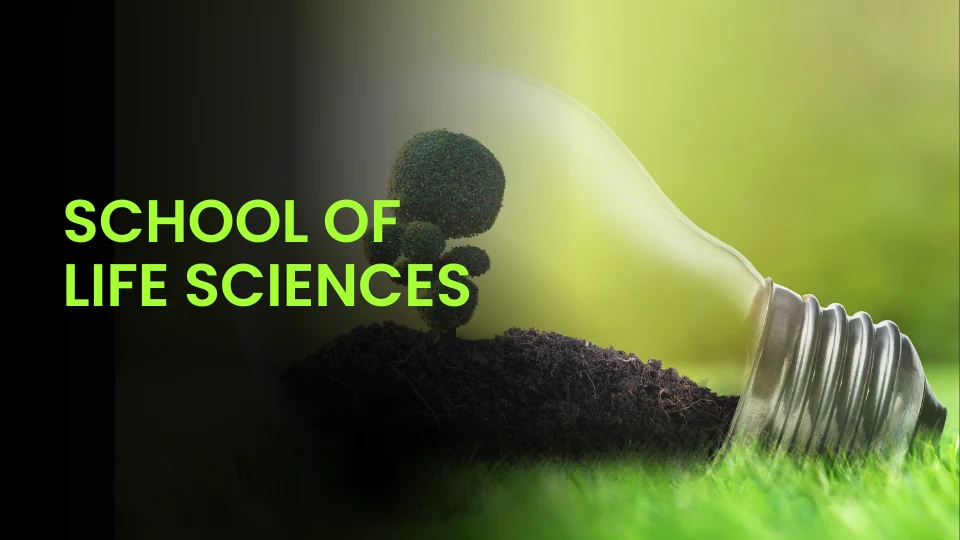It is a matter of great satisfaction to us at Don Bosco University that all visitors to the University Campuses go away tremendously impressed by the cleanliness of the campus, the greenery, the gardens and the plantations in these campuses. They stand amazed when they come to know that the Campuses are being maintained and looked after meticulously by a small group of committed men and women who exhibit an enviable sense of ownership and pride in doing their work and playing their role.
It is again a matter of satisfaction to us when our own students imbibe this spirit and replicate the scenario and the practices in their own villages and houses.
The Assam Don Bosco University is creating and sustaining an Eco-Friendly campus with clear-cut goals and priorities in climate action, management of water resources, energy resources and consumption, preservation of flora and fauna, conservation of eco-system and wildlife and productive use of land.
Bird Count at Tapesia Campus
1. Agroforestry and conservation of biodiversity
In its our endeavour to address rural poverty reduction and conservation of healthy ecosystems, Assam Don Bosco University has embarked on a plantation drive spread over 190 acres of its campus at Sonapur, Kamrup, District, Assam. The variegated cropping of tea, coconut, rubber, cocoa, cashewnut, ginger and turmeric will be established as livelihood projects within the scope of demonstration farms, and will nurture the setting up of Farmers’ Cooperatives in the 42 villages in the vicinity of the University campus.
Tea Plantation at Tapesia Gardens
Major initiatives have been undertaken to exploit fully the abundance of land available at the University campus by devoting the surplus land to various plantations:
- MOUs have been signed with 5 National Boards (Coffee, Rubber, Coconut, Cashewnut, Tea) for demonstration plantations of 4 hectares each to serve the following purposes: demonstration of model plantation, seed and sapling production, extension work in the neighbouring villages, research on hybridization, mass multiplication and pest resistance in the university departments etc.
- Three plantations have already been established – Tea, Rubber and Coconut. The rest are under various stages of completion .
Agroforestry provides a different land use option as compared with traditional arable and forestry systems. It is a practice that supports the environment and makes better use of environmental resources.
2. Grid-connected rooftop solar photo-voltaic power projects:

Assam Don Bosco University has utilised the rooftop terraces continuously exposed to sunlight by placing panels for generating 320 kWp electric power in its two campuses. This photo voltaic system is connected to the national grid, so that the generated power need not be stored in an array of batteries. The power output is first consumed for the University’s requirements, and the excess is fed to the grid. The connection is through a reversible meter that records the power the University consumes from the national grid as well as the power the solar PV system feeds into the national grid.
3. Water Conservation and Supply Management:
The University has spent enormous amount to ensure the sustainable management and use of its resources.
- It has created a major reservoir spread over 10 acres with an average depth of 30 feet by tapping a small stream passing through the campus and the many natural springs in the adjoining creeks.
- It has created 5 minor reservoirs, each of an acre or more in area and 15 to 20 feet in depth by the creation of bandhs around existing, permanent springs.
- While the reservoirs help in water harvesting, storm water management and replenishment of ground water table, the University has also invested in five deep-bore wells to supply drinking water through a network of three water tanks with a capacity to store 7,00,000 litres at time.
- The master plan of the campus provides for three more check dams to ensure that the water resources in the campus are well-controlled, managed and utilised.

Goals of Actions
- Ensuring the conservation of biological diversity and the protection of an eco-sensitive area by adopting sound and sustainable development.
- Ensuring an institute-wide commitment to the adoption of renewable energy.
- Encouraging the University community to pilot and promote sustainable solutions through teaching, research and extension, which tackle live issues of the campus and its adjacent communities.
- Promoting and protecting the natural and semi natural habitat of existing species in the campus to ensure their survival and growth.
- Harnessing the traditional knowledge and practices of local communities and involving them in the reservation and sustainable use of these resources.







